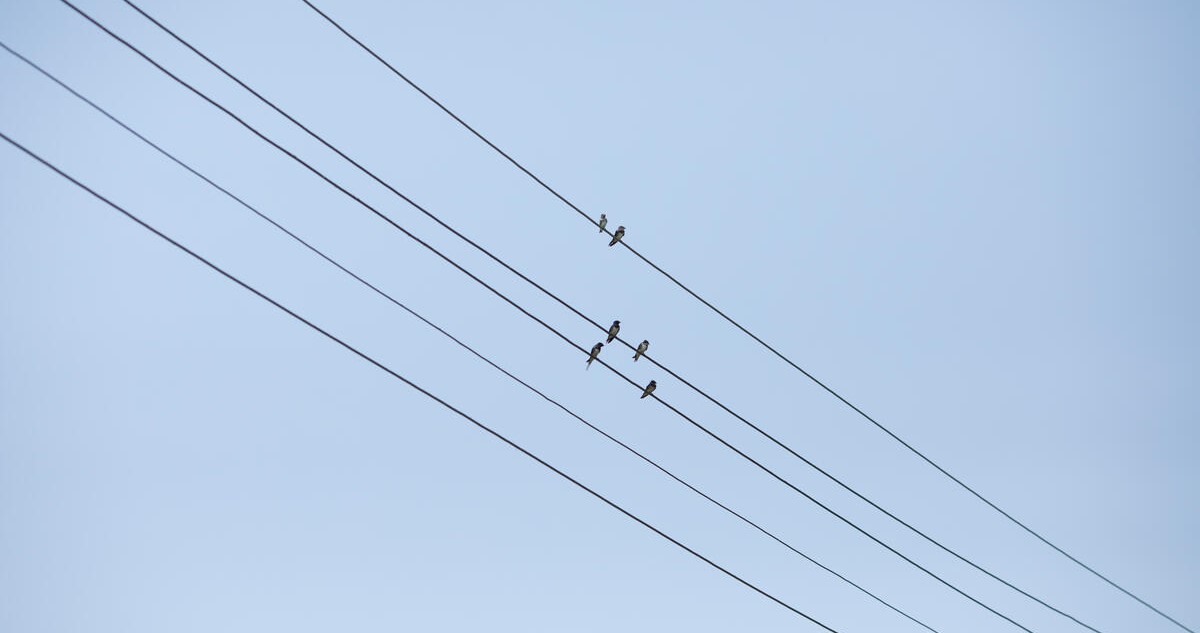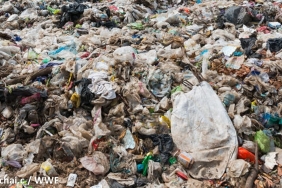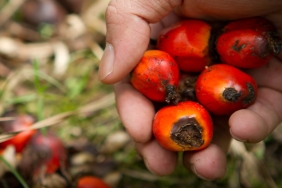'PARIS AGREEMENT' EMBODIES AMBITION AND COMMITMENT TO CLIMATE CHANGE THREAT
JAKARTA - Saturday night (12/12) Paris time, finally the 21st Meeting of the Parties (COP 21) to the United Nations Framework Convention on Climate Change (UNFCCC) closed with the adoption of the 'Paris Agreement'. Paris Agreement is a new awareness and attitude to jointly face the threat of climate change, take more progressive action and also jointly achieve goals that protect vulnerable groups in the world.
Despite the various advances in the negotiation process over the past two weeks, WWF views that the Paris Agreement still requires additional strengthening and support (accelerated actions) from each country. Only then will it be on track to reduce emissions that keep global warming below 2.0oC or even 1.5oC. Currently INDCs (Intended Nationally Determined Contributions) meet only half of the required emission reductions, still leaving a shortfall of 12 - 16 giga tons of emissions.
In response to the birth of the Paris Agreement, Dr. Efransjah, CEO of WWF Indonesia stated, "WWF welcomes the Paris Agreement. The agreement has several important elements to save the world from the worst impacts of climate change. It also reflects attention to the protection of vulnerable groups and Indonesia's interests."
Loss and Damage - ed). In addition, it also explains that all countries must act to curb deforestation, land degradation and improve land governance. This includes a process that can be used as a reference for calculating carbon emissions in the land sector. Indonesia, in conjunction with COP 21, has launched a system for calculating carbon emissions from the land sector known as INCAS (Indonesia National Carbon Accounting System).
Indonesia needs to be on a path to reach a carbon peak from conventional development by 2020, and work to drastically reduce carbon emissions thereafter. In addition to reducing deforestation and land degradation, efforts need to be made now to follow the global transition to clean and renewable energy. Indonesia is known as a country with the largest geothermal potential in the world, and also has enough potential to utilize energy from solar and hydropower.
"The most important thing after COP 21 is how countries including Indonesia implement the commitments in INDCs systematically and responsibly. Involving various civil society groups in the Indonesian Delegation by the Indonesian Minister of Environment and Forestry is a step forward that colors efforts to realize better governance, "continued Efransjah.
Nyoman Iswarayoga, Director of Communication and Advocacy of WWF Indonesia, added, "Low carbon development should only be realized through cooperation with non-government actors including the business sector, cities, and broad community groups. The results achieved in Paris are proof that this process has made the world community more aware and concerned about the importance of large-scale collaboration to address climate change issues."
COP 21 in Paris, which opened on November 30, began with the presence of more than 180 countries with their national commitments. This was reinforced by the presence of more than 150 heads of state and government who through their speeches encouraged the achievement of the Paris Agreement which is seen as an achievement that brings a breath of fresh air in the climate change negotiation space.
---oOo---
Imore information:
Nyoman Iswarayoga, Director of Communication & Advocacy - WWF Indonesia
E: niswarayoga@wwf.or.id T: 0811 1284 868
Indra Sari Wardhani, Climate and Energy Manager - WWF Indonesia
E: iwardhani@wwf.or.id T: 0811 1847 095





